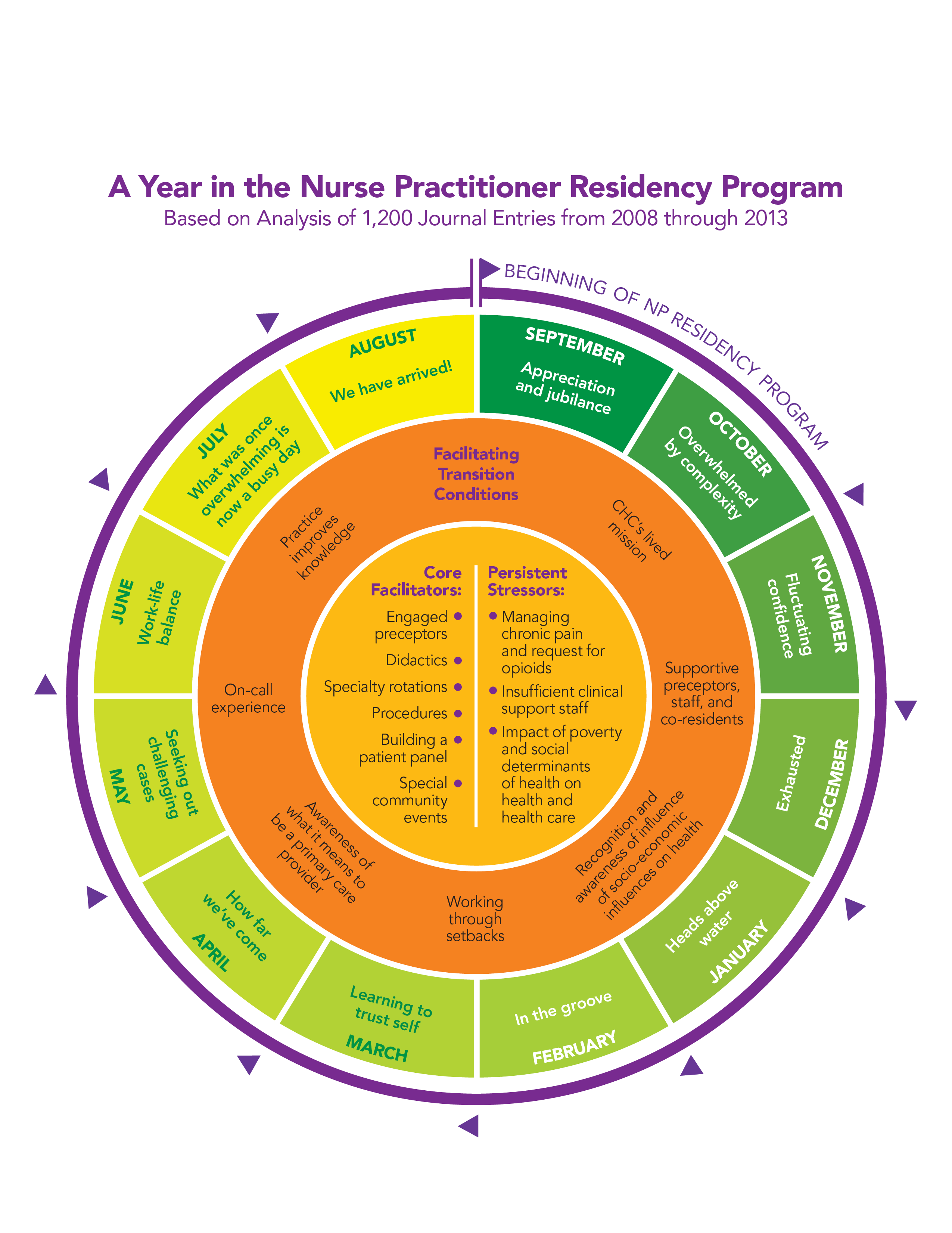If you have read other blogs in this series, you know that I am frequently inspired by nature. The harvest moon was in full glory this past week, signaling farmers that it is time for harvest. Birds and butterflies are migrating south, individually and in sky-darkening flocks. Hurricanes are rampaging through warm waters. Each day the hours of darkness increase. All are signs of nature’s seasonal transition. This week I have been captivated by a family of Eastern blue birds that just arrived for the winter and have been checking out a birdhouse that our local wrens use in the spring. Blue birds and wrens usually prefer different habitats for nesting – not sure if they share bird houses…
Transitions happen in nature, in society, in business, in government, in career pathways – in virtually every sphere. As I thought about transitions in professions and how professional identities are established, Piaget’s theory of cognitive development (sequential discrete stages marked by transitions) and Thomas Kuhn’s concepts of scientific and societal paradigm shifts (“an important change that happens when the usual way of thinking about or doing something is replaced by a new and different way“) kept resonating.
Piaget and Kuhn each conceptualized transitions as essential steps in forward progress. Begin with Piaget’s notion of transition — successful transitions are characterized by ‘important changes in how the [novice NP] thinks’. Then layer on Kuhn’s notion of a paradigmatic shift — [earlier ways of practice] are ‘replaced by new and different’ ways of functioning as a [confident and experienced healthcare professional.] Novice NPs entering practice are in a time of profound transition. They are consolidating their skills and their sense of belonging to a clearly defined professional community with a specific professional identity.
How professional identities develop is not well understood. In Trede, Macklin and Bridges’ meta-analysis of the literature, the definition provided by Higgs seemed especially apt: “professional identity occurs when a member of a profession develops the ‘attitudes, beliefs and standards which support the practitioner role and the development of an identity as a member of the profession with a clear understanding of the responsibilities of being a health professional’.”
NP postgraduate training programs are deliberately positioned precisely during times of the novice NP’s stressful professional transition. Novice practitioners are plunged into an environment where highly efficient and skilled performance needs to be combined with emerging expert clinical acumen, professionalism, and a balance of personal and professional demands. This transition from high cognitive competency to professional comfort, confidence, and competency in meeting the demands of a high-performance model of clinical care (eg: federally qualified health center) is difficult to navigate in the best of times. However, with carefully structured postgraduate training there is a safety net for the newly minted practitioner that supports a successful professional transition for the novice NP.
Two recent studies have highlighted how novice NPs change in confidence, skills and judgment during this elective year of postgraduate training. And, one might argue, how they refine their attitudes and beliefs in support of a deep understanding of their responsibilities as a heath care professional.
Flinter and Hart (2017) conducted an analysis of 1200 weekly reflective journal made by 5 cohorts of trainees (2008-2009 through 2012-13), totaling 24 trainees. Using Content Analysis, Flinter and Hart identified themes in the journal entries that progressed along a continuum over the course of the training year.
Flinter and Hart created a wheel of month-by-month progress that describes the transition from trainees, “feeling shocked and overwhelmed to becoming confident, competent primary care providers, committed to under-served populations.” 
In synthesizing their findings, Flinter and Hart offered the following descriptions of themes in the residents’ journal entries. The first quarter was characterized by a rapid transition from euphoria with the entry into the profession to shock at the magnitude and impact of social determinants of health on their patients combined with awe for the complexity and comprehensiveness of the healthcare environment. By the final quarter, the trainees had become comfortable and confident in their roles.
| 3 mo quarter | Content Analysis Themes |
| Q1 | Euphoria to shock and awe |
| Q2 | Exhaustion to heads above water |
| Q3 | From managing complexity to awareness of emerging competency |
| Q4 | Comfort with NP role, commitment to primary care for the underserved population, anticipating the future |
Rugen et al’s 2017 quantitative study described NP Resident outcomes on seven competency domains established by the VA Centers of Excellence in Primary Care Education (VA CoEPCE) at five sites. The competencies covered were: clinical, leadership, interprofessional collaboration, patient-centered care, shared decision-making, sustained patient relationships, performance Improvement/population management. Preliminary psychometric analysis demonstrated high internal consistency (among the items) for each of the seven domains when scored by the NP Resident and mentor (Cronbach’s alpha = 0.86 to 0.95). Mean NP Resident self-ratings and mean mentor ratings demonstrated statistically significant improvement in all domains (p<0.0001). They found that at 12 months, NP Residents were rated by their mentors as able to practice without supervision in all competency domains.
“These findings strongly support the need for residencies to prepare new graduate NPs for independent practice.”
These two studies have begun the formal exploration of how the transition from novice to expert practitioner occurs. For those of you who want an in-depth reading of the history, philosophy, theory, and research in the development of an identity as a nurse check out the following resources: Afaf Meleis’s excellent chapter on the historical evolution of ‘theoretical nursing’; Dreyfus and Dreyfus’ five stage model of adult skill acquisition from novice to expert; and Patricia Benner’s seminal work applying the Dreyfus model to the development of clinical skills judgment in RNs;
Wrapping up this post, there are predictable and unpredictable life transitions. Whether it is seasonal migratory patterns, predictable major life events, or unpredictable ‘black swan’ events, transitions are a part of life. Nature is characterized by transitions. Preparing for predictable transitions just makes sense!
As Isaac Asimov is credited with saying: “Life is pleasant. Death is peaceful. It’s the transition that’s troublesome.”
Until next time, wishing you joy and health,
Candice


